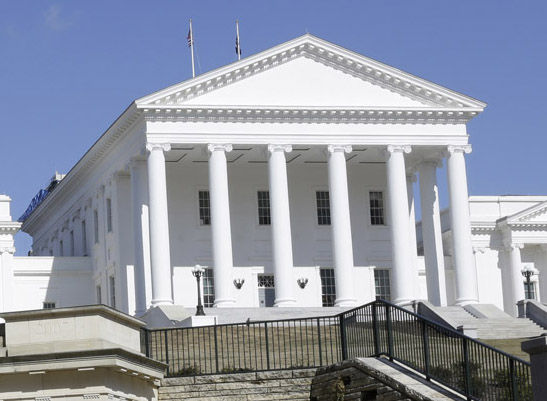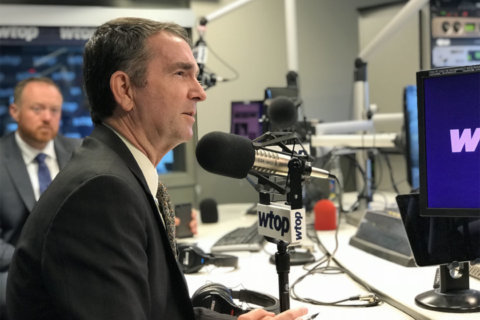
WASHINGTON — Medicaid expansion to around 300,000 low-income Virginians is likely in some form, even opponents of expansion said Monday, as the state Senate returned to Richmond to continue a special session.
Two Republican senators have indicated they are prepared to break ranks with their caucus to support expansion, which the House of Delegates included in its budget during the regular session — when no deal was reached — and again in this special session.
The House of Delegates passed its budget again last month, shortly after the special session began, but the Senate had not acted until Monday, when the chamber convened briefly ahead of a Senate Finance Committee meeting.
The committee members plan to meet again Tuesday to shape the budget the Senate now plans to pass a week later, in the afternoon or evening of May 22.
That would leave just under six weeks to work out a budget agreement with the House of Delegates, which Republicans control 51-49, and Gov. Ralph Northam, a Democrat.
Senate Majority Leader Tommy Norment, who also co-chairs the Senate Finance Committee, said Monday that he would still try to shape any eventual Medicaid expansion plan, even though he opposes it.
“While there are a number of us that under no circumstances will vote for Medicaid expansion, that does not mean that we are going to stand on the sidelines,” Norment said.
The House plan included a work requirement for those who are able.
Norment’s finance co-chair, Emmett Hanger, plans to support expansion — “and I’m not going to back off from that,” Hanger said.
The state already shoulders some of the costs that would be covered by Medicaid expansion in a less effective system, Hanger said, so as long as the state government follows up to ensure expansion is effective, it should resolve some issues tied to unpaid care for patients who today cannot afford it.
The Medicaid standoff is the biggest sticking point regarding the two-year budget, since the House puts savings from the program into numerous other areas, including pay raises for teachers and other state workers in the second year of the budget.
In the long term, the federal government would cover 90 percent of the costs for those covered under the expanded eligibility, which is permitted under the Affordable Care Act. The reimbursement rates are higher until 2020.








